Since when do we eat rare steak in Ireland?
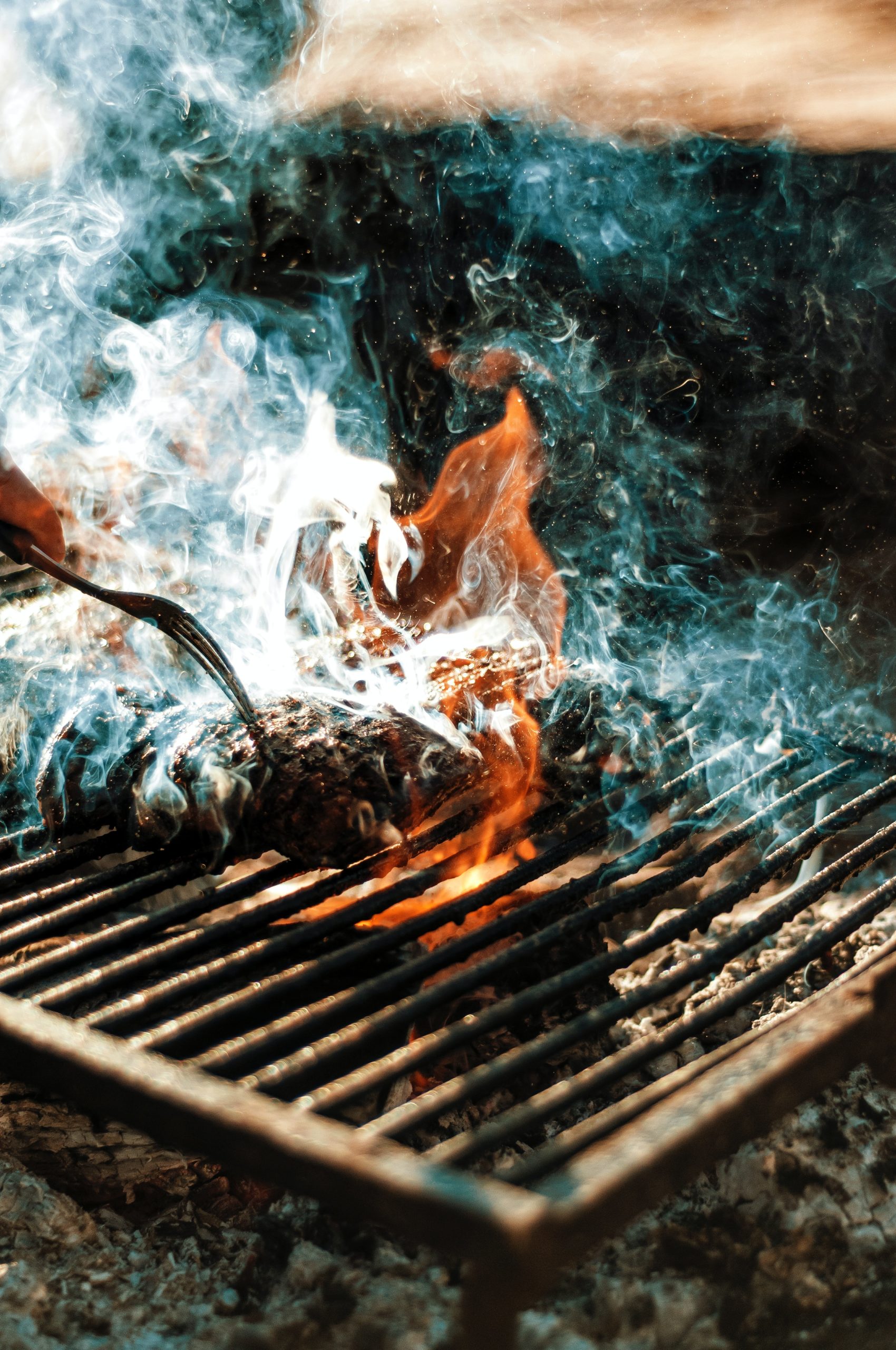
Since when do we eat rare steak in Ireland?
As little twenty years ago, literally, everyone in Ireland would have baulked at eating bright pink meat. Settling down to a sirloin dripping with bloody juices is the ultimate treat today. But how did we get here from there?
Steaks, joints, and chops – each a national treasure – have changed their colours. As Ireland inched further and further into the twenty-first century, eating rare meat became a symbol of sophistication. These days, it shows you’re in the know. Or you’re, at least, open-minded enough to move away from the over-cooked meat of all-out childhoods.
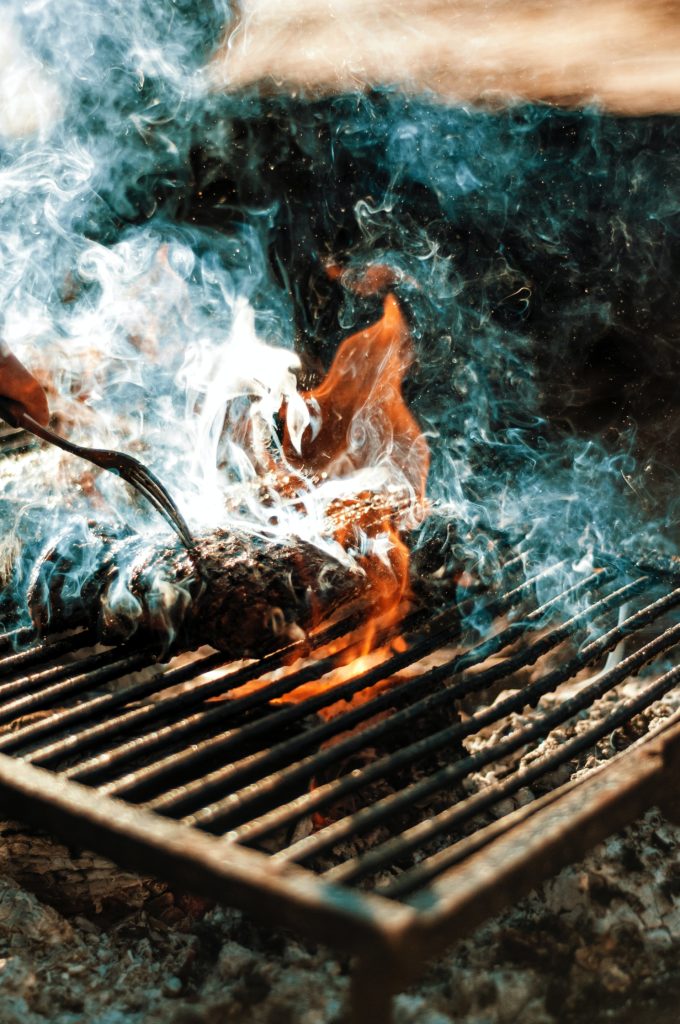
All Jokes Aside
This is a massive turnaround. The French nicknamed the English and, by ignorant extension, the Irish ‘les rosbifs’ in the 18th century. The name means ‘the roast beefs’ and comes from when we as a people historically like a chonky joint of beef roasted all the way through. Whereas the French have always liked it bloodier.
Maura Laverty, Ireland’s first celebrity chef, and author of Kind Cooking (1946), among many others, called for a steak to be “cooked thoroughly to perfection”. Code for Well-done. Modern Irish cookbooks such as And for Mains from Gaz Smith and Rick Higgins recommend nearly everything in medium-rare.
Irish people have been so chronically associated with well-done meat for so long that we all joke about it. It has united us all for years, along with soggy vegetables and our national love of potatoes. While it is difficult to pinpoint when the Irish attitude towards eating meat rare softened, it is a relatively recent shift. In the 90s, we still believed that meat would kill you if not cooked through. Or at least we did in Dublin 7.
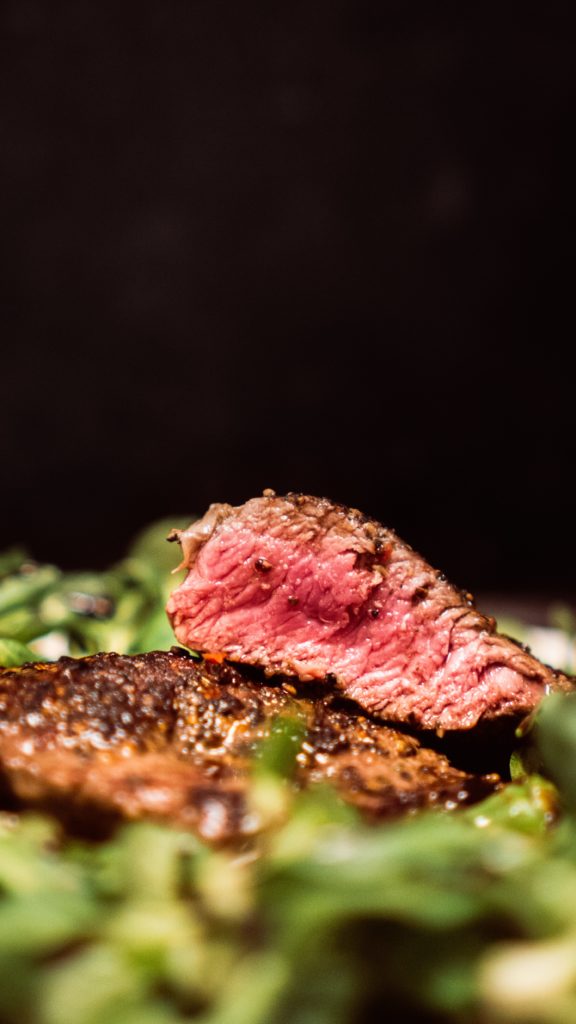
There are letters to the editor in the Irish Times as late as 2011 defending laws preventing rarer burgers from being sold. There’s even a bords.ie post, decrying the lack of rare meat in Ireland from as recently as 2019. Inexplicably there are also articles in 2018 stating that almost half of all Irish people eat ‘undercooked burgers’. This study of Irish and Scottish exacting habits from 2015 also notes the trend towards less overcooked steaks. So it’s safe to say it really started to kick off in the mid tens, which isn’t really that long ago.
The 90s
In 1998, the British Medical Association issued a warning that all raw meat should be considered contaminated because of BSE. Likely, this whole mad cow disease thing that was all over TV and media well into the 90s contributed to our fear of undercooking. It is still sighted by people I know in their forties and fifties as to why they won’t even take a chance on something a little pinker.
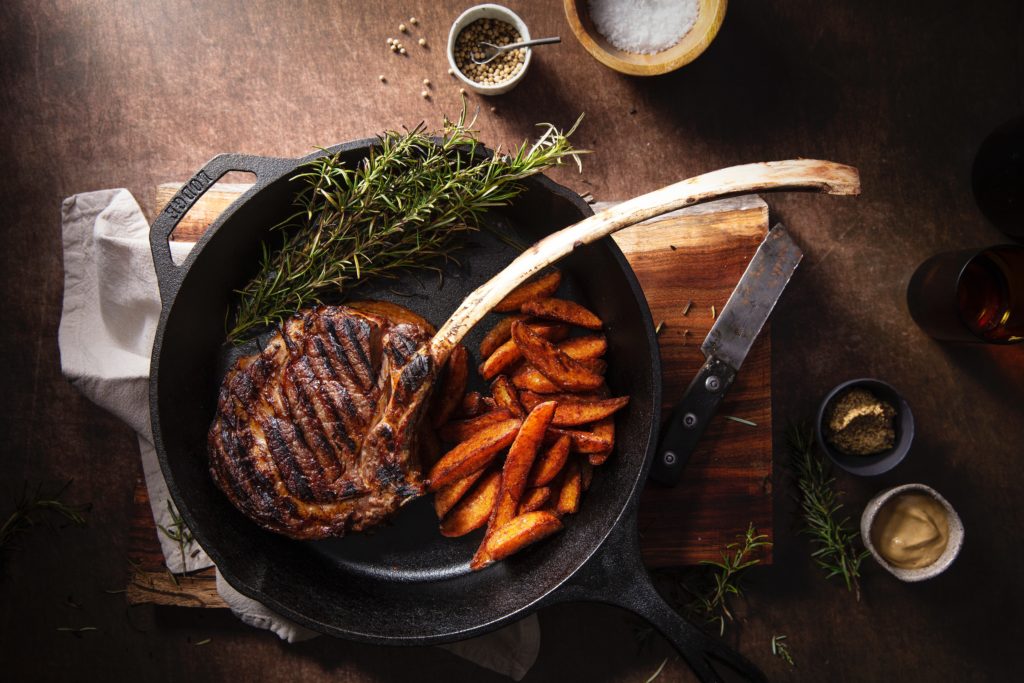
All meat is vulnerable to contamination if it is not stored or handled correctly. That said, food contamination can happen at any point in the preparation process: on a farm, factory or home to all foods; not just meats. Cooking right through will not kill everything, though it will nuke most.
However, these days food poisoning outbreaks are less and less linked to meat. In fact, Europe’s worst outbreak in 2019, which killed eight people, was caused by a salad.
Raw
It is now widely accepted that rare meat is safe to eat if it is of the right quality and handled safely. But the reason people eat raw meat is more about how it tastes. Food-science writer Harold McGee, in On Food and Cooking: The Science and Lore of The Kitchen, argues, “Raw meat is tasty rather than flavourful”. It’s a whole different experience than eating a charred and seasoned to high heavens beef covered in peppercorn sauce. So different they feel like different animals.
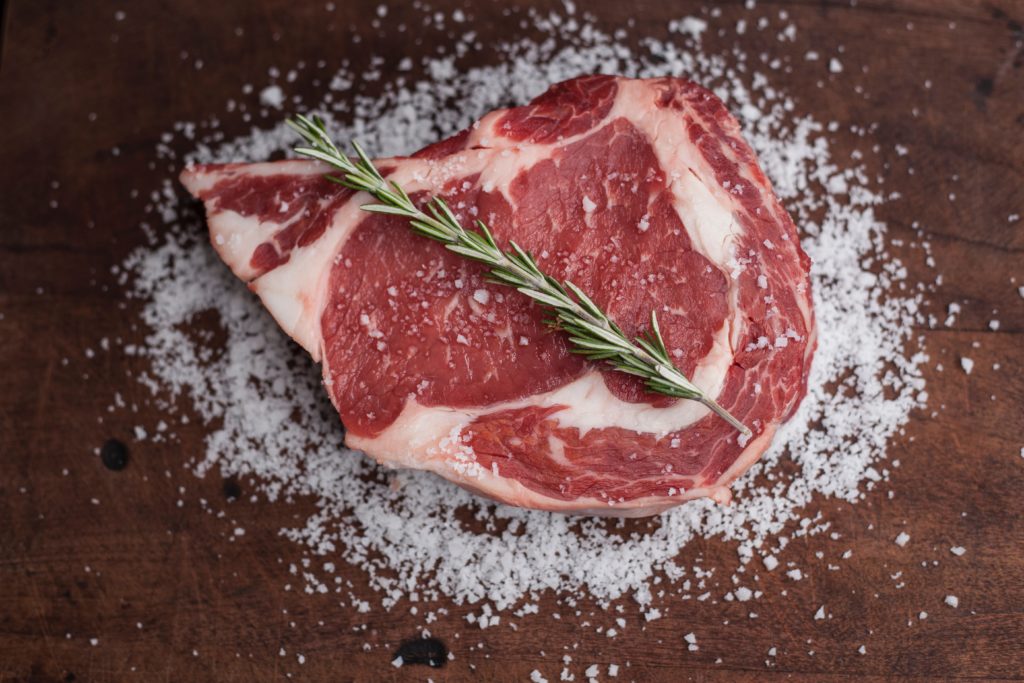
The rarer the meat, often the tastier it is. There is something almost primal about it. Carpaccio enthusiasts will likely chew the ear off you about the beautiful texture of well-prepped tar tar. As our culinary scene grows, so does our taste for less and less cooked meat and fish. This time two years ago, you’d be hard-pressed to find ceviche on a menu. Just this year, I’ve eaten it in six different restaurants.
Ancient Practises
About ten years ago, Lynne Olver of the food history site the Food Timeline began surveying the subject of ‘done-ness’ in meat from the caveman on. He said that Ancient Greeks and Romans “prescribed” specific preparation methods in their medicinal practises. For example, according to ancient Hippocratic teachings, beef “will agree best with those who use it well-boiled,”. The instructions also recommend pork “be eaten without the skin, and in a coldish state.” These laid the groundwork for how we cook meats today.
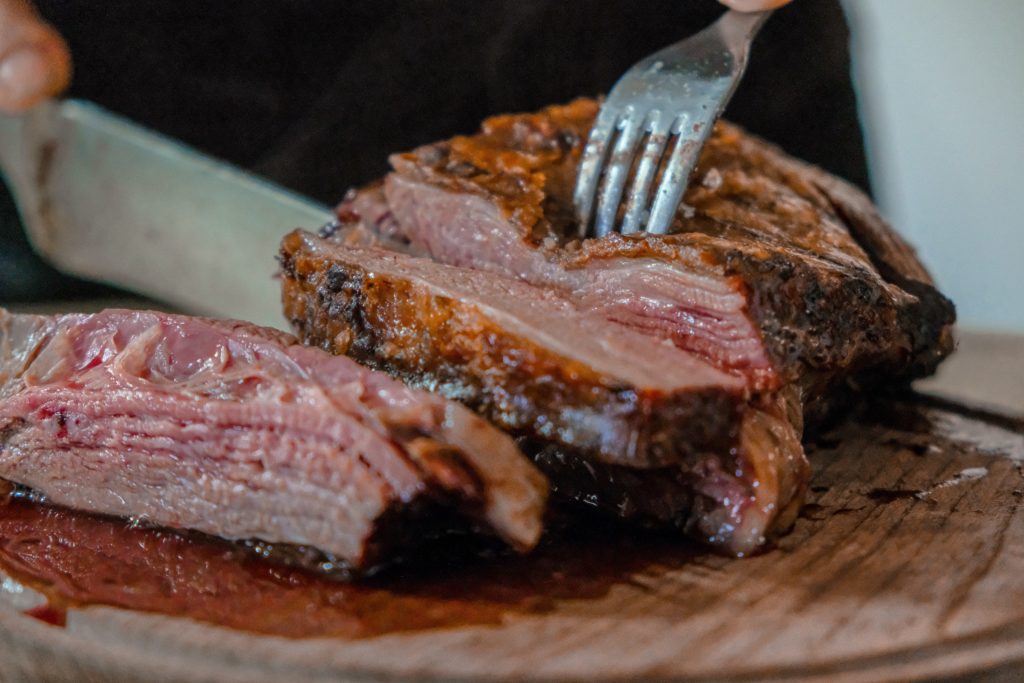
New York Times writer Florence Fabricant noted A Trend Toward Less Well Done meat in America in her 1982 article of the same name.’ Fabricant called overcooking “a tradition” in America and attributed the change to the influence of “Oriental” and “French nouvelle” cuisines. Unfortunately, until the internet age, Ireland has been about twenty years behind most Western Countries in their attitudes. And especially in their attitudes towards meat. However, there has been a similar rise in both pan-Asian and french cooking in Ireland over the past decade so the same influences could be said to have impacted our tastes some thirty-odd years later.
Another thing that likely happened to our beef habits is that people came back to Ireland having levied abroad with a taste for the style of meat cooking where they had been. As many as two hundred thousand Irish people moved away during the early days of the recession and returned. Many with changed pallets. This Irish Times article chronicles some of their newfound loves, including raw meat. I’ve never met someone who went on to develop a taste for rarer meat that ever went back to a more well-done variety. Though I have converted many a well-done only gal to a bloody beef evangelical.
Pop-Cultural Impacts
It’s likely that our change and growth, at least partly, were because of the increased Tourism in Ireland. With more and more Americans and mainland Europeans coming here for their holidays requesting meat cooked how they liked them made, these options were more available to Irish people too. I tried my first steak rare after working as waitstaff at age sixteen to see what all the fuss was about. I’d previously thought I didn’t like beef. Dear Baccus, was I wrong. I just didn’t like well-done beef.
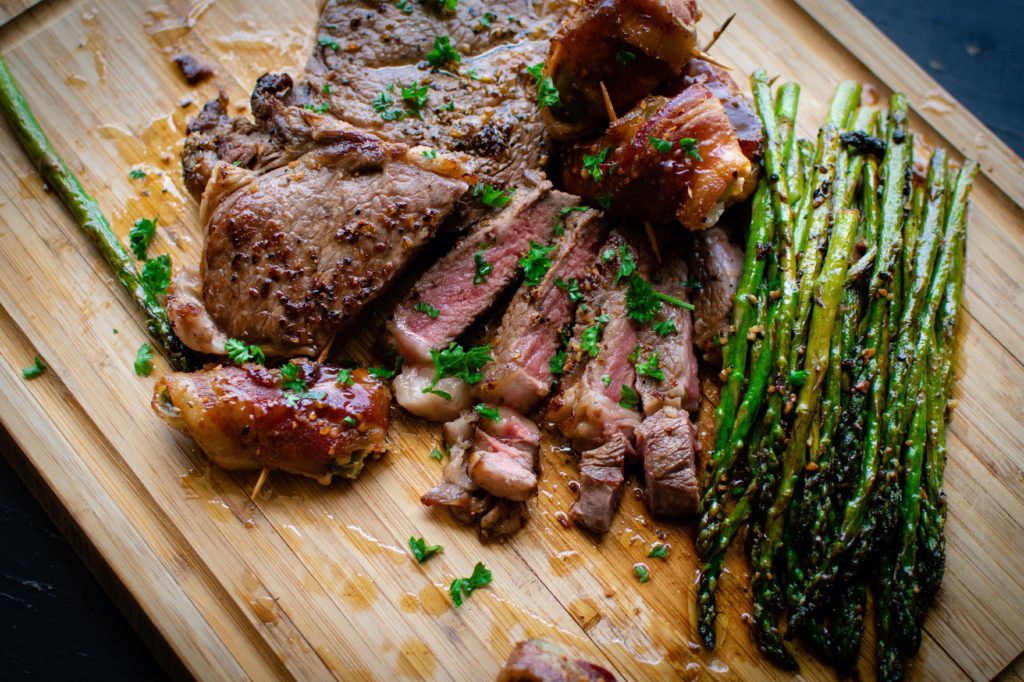
Did our move towards rarer meat come via the Internet and America? By the time I was 21, I’d read enough waiter blogs and Anthony Bourdain memoirs to know that customers who ask for a well-done anything are answered with dinners that have been spat on. But I was already eating pink meat by then. Thinking of myself as superior to my philistine of a brother. Yes, the snobbery of eating rarer meat is real. Unfortunately, people in Ireland now feel like they have to come out as a well-done meat-eater. It has become that pervasive. But that’s not unique to Ireland.
About fifteen years ago, noted then-New York Times food critic Frank Bruni celebrated the rise of the medium-rare pork chop. While I don’t advocate reading the comments on most articles here, the commenters cheered him on vehemently. One wrote, “Chalk me up as a fan of chicken that’s pink all the way through!”. Since then, the NYT seems to have adopted an editorial board stance endorsing rare enough meat. Mark Bittman once wrote for them, “Forgive my snobbishness, but well-done meat is dry and flavourless….” which is sort of where we are today.
In defence of well done
Of course, in defence of well-done steak, it always comes with some cracking sauces. And if you’re nervous about food poisoning, especially if you’ve had beef-based food poisoning before, I get it. A colleague of mine had food poisoning only twice in her life, both from beef in France.
In this study of Irish beef-eating habits, people with a preference for beef cooked to rare/medium-rare scored their steaks lower in every category except for flavour than those with a preference for medium, well-done meat.
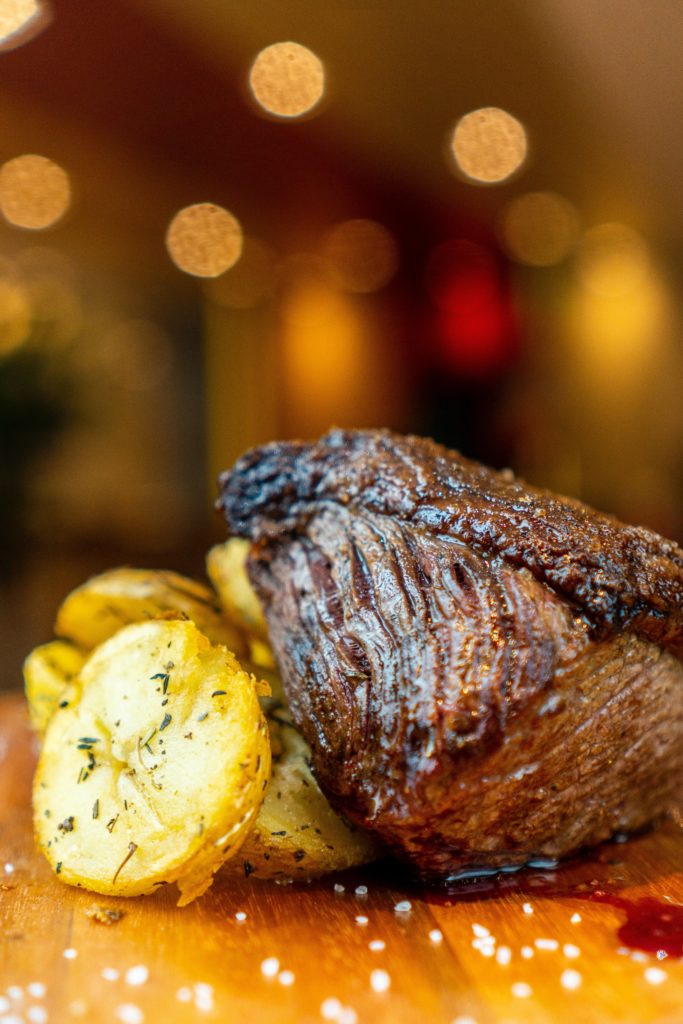
Elsewhere on District: Brunch is a Queer Space
